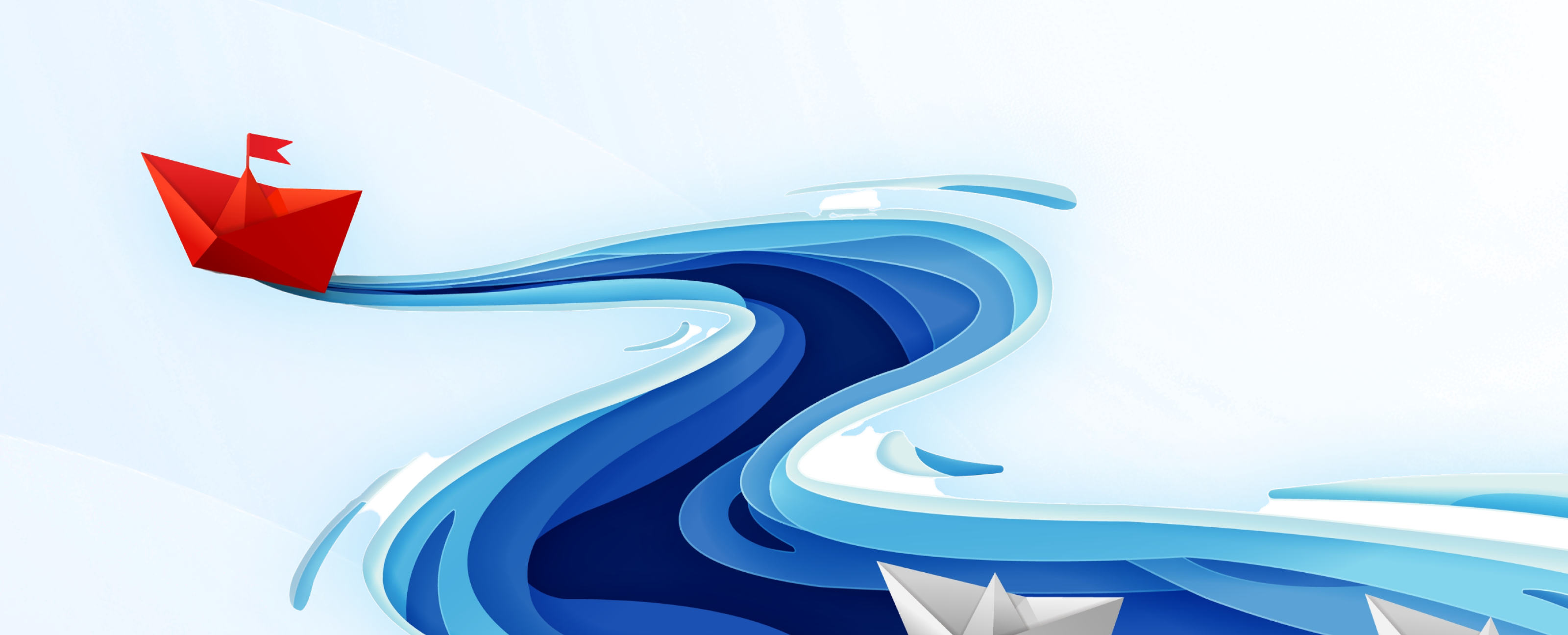
Intellectual Property: Know Yours and Others’ Rights
You may already know the answers to most of the questions I will ask later in this article and I guess that you also know that the inventors, authors, and music composers own their work. From this proprietorship, some consequences may rise, and you probably are conscious of the fact that you cannot just copy or purchase a copy of their work without consideration of their rights. However, few know that intellectual property encompasses many rights under its umbrella namely: copyrights, related rights, industrial rights, and trademarks. The idea of intellectual property is a logical result of the history of mankind since it has always been a story of imagination, innovation, and creativity. It is the inspiration of the globe's inventors that has allowed humankind to advance to today’s heights. Therefore, the protection of intellectual property is ensured at the national and international level.
By asking the below 11 questions, I will try to cover an overview of intellectual property rights and perhaps I will push you to protect yourselves as well as others, and through this encourage all rights holders to keep on their dazzling innovations.
1) What forms of intellectual creations fall under intellectual property (IP)?
- It is mostly understood that IP includes rights concerning the following:
- Literary, artistic, and scientific works (copyright)
- Performances of acting artists, phonograms, and broadcasts (related rights)
- Inventions (industrial property)
- Scientific discoveries (industrial property)
- Marks and industrial names and designations (industrial property)
- Protection against unfair competition (industrial property)
- All different rights ensuing from intellectual activity within the industrial, scientific, literary, and creative fields
2) What is copyright?
- Copyright aims at providing protection to authors, writers, artists, and music composers on their creations.
3) What is covered by copyright?
- Works lined by copyright embody, however do not seem to be restricted to:
- Books of all types
- Reference works like encyclopedias and dictionaries
- Databases
- Newspaper articles
- Films and television programs
- Musical compositions
- Choreography
- Artistic works like paintings, drawings, and sculptures
- Architecture
- Advertisements
- Maps and technical drawings
- Computer programs
Copyright does not protect ideas. For example, the thought of taking an image of a sunset is not protected by copyright. Therefore, anyone could take such an image. However, an image of a sunset taken by an artist who stuffed out a registration type, paid the specified fees, and received a certificate of registration is protected. In such a case, if anyone makes copies of the photograph and starts selling them without the consent of the artist, that person would be violating the photographer’s rights.
4) What forms of rights will copyright provide?
- Economic rights, which permit the owner to derive money rewards from:
- The use and exploitation of the work
- Reproduction
- Distribution
- Public performance
- Broadcasting
- Translation into different languages
- Adaptation
- Ethical rights. The author could claim:
- The right to own authorship recognized on his work
- The right to the integrity of his work
5) How long will copyright last?
- Copyright features a time limit. It always lasts for the lifetime of the author plus fifty years following his death.
- This rule, that is shared by most countries, has been established by the “Berne Convention for the Protection of Literary and Creative Works”.
6) Can you utilize somebody else’s work while not having his/her permission?
- Copyright is subject to limitations and exceptions that considers social, academic, and different public policy issues.
- International treaties, yet as national laws, permit to freely use restricted parts of a piece like in the news, or creating quotations from the original work respecting the honest practices guidelines, or in some illustration for teaching purposes.
Such cases of free use could vary from country to country and it is wise to revert to the national law of that country to verify whether advantage may be taken of such a chance.
7) Who is protected under related rights clauses?
- Related rights give protection to the parties who perform the original invention such as:
- Performers like actors, musicians, singers, and dancers
- Producers
- Broadcasting organizations
8) What may be a trademark?
- A trademark may be a sign determining specific products and services provided by a person or enterprise.
- A trademark helps to differentiate those merchandise and services from similar ones provided by another enterprise.
9) What are the benefits of trademarks?
- Trademarks:
- Help customers determine and distinguish specific products or services
- Enable firms to differentiate between their products
- Are a selling tool and also represent the basis for building a complete image and name for a person or a company
- May generate revenues through royalties
- Are an important element of business assets.
- Encourage firms to take a position in maintaining or rising quality product
- May be helpful for getting finance.
10) How may I protect my trademark?
- The most typical and economical manner of protecting a trademark is to register it.
- Trademarks have territorial rights. This implies that they need to be registered in the country within which protection is desired.
Note that, unless a given trademark is protected in a very specific country, it may be freely employed by a third party.
11) What protection is provided by a trademark?
- A trademark owner is given the exclusive rights:
- To use the trademark and claim the rights derived from his/her own products or services
- To prevent others from selling a similar or an analogous trademark
- To authorize others to use the trademark by franchising or licensing agreements, reciprocally for payments.
I hope this article highlighted the importance of intellectual property. However, I think the world needs a very urgent update to the existing guidelines, because cyberspace is changing perpetually and the edge-less digital world makes IP rights protection really tough.
I also hope the following sample of questions will have an answer soon: If I post a blog in a forum, will it be protected under copyright? As an internet user, do I have privacy rights? Should podcasting be charged? Etc...
Reference: WIPO, World Intellectual Property Organization
Related Articles

Conquering the Tempest
Leadership and resilience, often dormant in individuals, can emerge as…

Purpose-driven Leaders: Leadership that Builds and Influences Changes.
Leadership is not merely making decisions or managing jobs; it is about…

A Workplace Counseling Tale
In the heart of Dubai, nestled amidst towering skyscrapers and the hum…

Another Forest Leadership Lesson
Once upon a time, in a lush forest in a faraway land, animals of all kinds…
